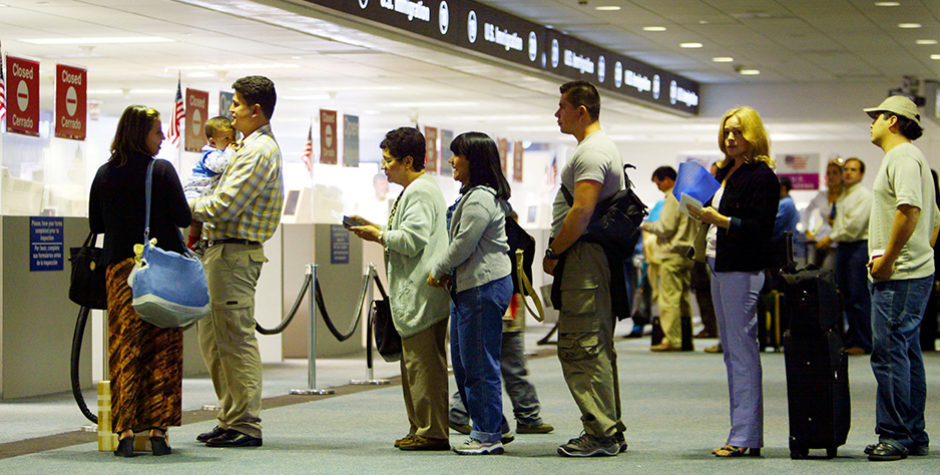The Lawful Suspension of the Entry of Immigrants as the Pandemic Causes an Unstable United States Labor Market
Earlier this week, President Trump signed an Executive Order, which temporarily suspends entry of immigrants who present a risk to the U.S. labor market during America’s economic recovery following the outbreak of the COVID-19 pandemic. This declaration is important in light of the fact that more than 22 million Americans have filed for unemployment benefits.
While questions have arisen about the President’s policy as well as his authority to issue this temporary pause, it is clear the President possesses constitutional power pursuant to Article II of the Constitution as well as statutory authority pursuant to section 1182(f) and 1185(a) and section 301 of title 3, United States Code of the Immigration and Nationality Act (INA) to suspend entry of immigrants during a national emergency. Even the President’s critics agree that during a national emergency, President Trump’s legal authority is extensive.
Moreover, the President’s authority within the domain of immigration has been upheld by the United States Supreme Court. In 2018 in Trump v. Hawaii, the Supreme Court ruled in favor of the President and held that the he has extensive powers in the realm of immigration. Specifically, the Court held that the President had broad discretion granted to him under §1182(f) of the INA to suspend the entry of aliens into the United States.
The Court’s syllabus noted:
By its terms, §1182(f) exudes deference to the President in every clause. It entrusts to the President the decisions whether and when to suspend entry, whose entry to suspend, for how long, and on what conditions. It thus vests the President with “ample power” to impose entry restrictions in addition to those elsewhere enumerated in the INA §1182(f).
In addition, the syllabus of the Supreme Court’s decision in Trump v. Hawaii specifically notes:
The admission and exclusion of foreign nationals is a “fundamental sovereign attribute exercised by the Government’s political departments largely immune from judicial control.” Fiallo v. Bell, 430 U. S. 787, 792. Although foreign nationals seeking admission have no constitutional right to entry, this Court has engaged in a circumscribed judicial inquiry when the denial of a visa allegedly burdens the constitutional rights of a U. S. citizen.
The American people are undeniably suffering from a pandemic that includes massive unemployment that is wreaking havoc on American lives. In light of these facts and given that the President declared a national emergency on March 13, 2020 to deal with the Coronavirus, there is no doubt that he has both the constitutional and statutory power to suspend Green Card admission with numerous exceptions for lawful permanent residents of the United States, any alien seeking to enter the U.S. on an immigrant visa as a healthcare professional, any alien applying for a visa pursuant to the EB-5 Immigrant Investor Program and any alien who is the spouse of a United States Citizens as well as other exceptions.
The President’s suspension of entry on a temporary basis of immigrants to the United States is consistent with the Constitution, his statutory authority, and the rule of law.

